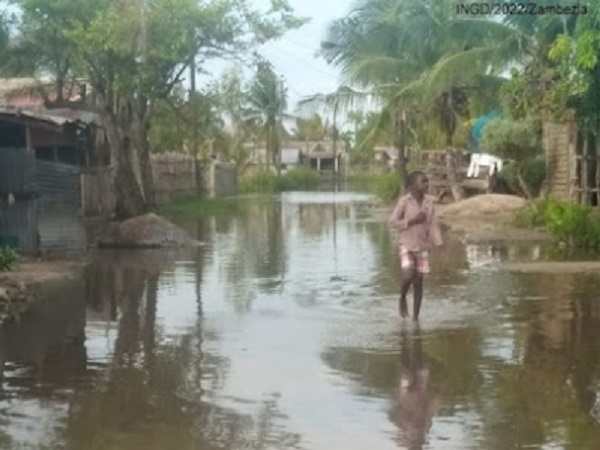Mogadishu, (Samajweekly) Flash and riverine floods caused by heavy rains in Somalia could exacerbate outbreak of waterborne diseases, the UN humanitarian agency warned.
The UN Office for the Coordination of Humanitarian Affairs (OCHA) said on Thursday that the rains have come at a time when an outbreak of cholera and acute watery diarrhoea is reported, mainly in Jubaland State, southern Somalia, and South-West State.
OCHA, citing statistics from the Ministry of Health, said at least 4,000 suspected cholera cases and 17 associated deaths have been reported from 27 districts since January, Xinhua news agency reported.
“Local communities and authorities have stepped up response activities in affected areas,” the UN agency said in its latest update on flash floods.
It added that the flash floods have affected more than 1,75,000 people in Somalia since the beginning of the rainy season in mid-March, of whom 140,000 have been displaced.
The most affected areas are Bardhere district in Gedo region, southern Somalia and Baidoa district in Bay region, southwestern Somalia.
The Gu (rainy) season typically stretches from April to June.
“Should heavy rains continue in Somalia and in the Ethiopian highlands through the season, partners estimate that flash and riverine floods could affect up to 1.6 million people, with over 600,000 displaced,” OCHA warned.
It said most displacements would happen in hotspot areas along the Juba and Shabelle rivers, and parts of Bay and Banadir regions with localised flooding in Galmudug, Puntland and Somaliland.
OCHA said more than 21 people died due to flash floods in Bardhere district, Jubaland State, following heavy rains from March 21 to 24.
The heavy rains and flooding have come following five seasons of drought that has displaced more than 1.4 million Somalis and killed 3.8 million livestock since mid-2021, the UN agency said.










